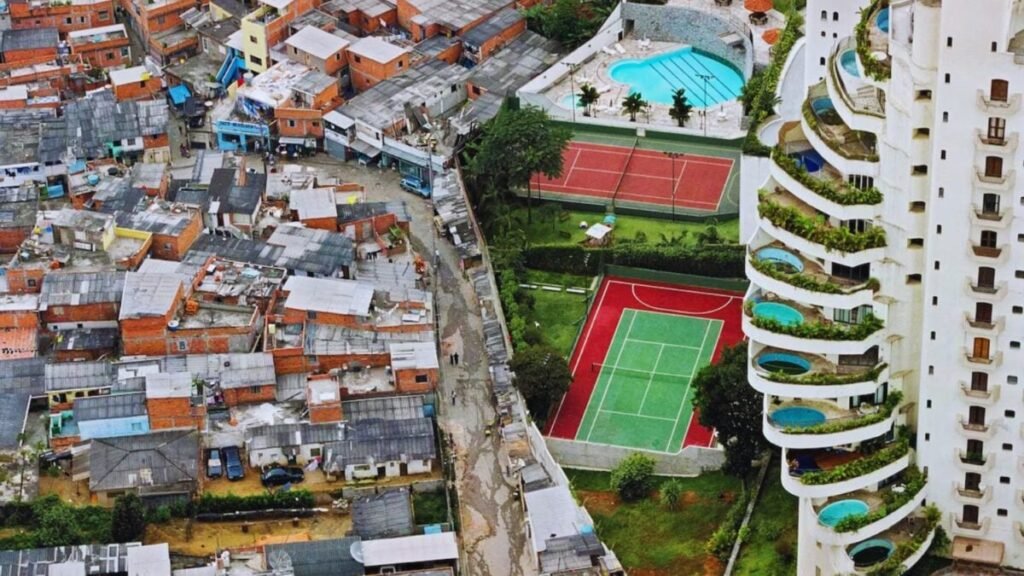In Latin America, Wealth is Trapped in an Elite Circle: The Top 10% Keeps a Third of the Income

Inequality is not an accident, but a constant that spans centuries of history. The latest figures confirm it: the richest 10% concentrate a third of all income, a data point that places the region on the global podium of inequity. indicates that Colombia and Brazil top the ranking, reminding us that the gap is not only measured in numbers, but also in institutions that perpetuate privileges.
The Unyielding Concentration

reveals that, despite periods of economic growth, the income structure remains deeply unequal. In Colombia and Brazil, the wealthiest sectors hoard a disproportionate share of national wealth, while millions of citizens struggle to survive with precarious jobs and inadequate public services.
What stands out is the persistence: even in times of prosperity, inequality does not retreat. On the contrary,
Taxes that Punish the Poor

One of the main factors is the design of tax systems. In many parts of the region, revenue relies more on consumption taxes than on taxes on income or wealth. This means that households with less resources dedicate a higher proportion of their income to paying taxes than economic elites.
The result is a regressive scheme that widens the gap instead of reducing it. Meanwhile,
The Weight of Informality
. More than half of workers in the region lack formal contracts, social security, or access to pensions. This precarity not only reduces family income, but also limits the States’ capacity to finance quality public services.
In this context, are trapped in a cycle of low income, without tools to socially ascend.
A Difficult Inheritance to Break

The current inequality is also the echo of a long history. The concentration of land and resources in a few hands, a legacy of the colonial era, shaped political and social systems that still benefit the elites today. That control over key institutions —from courts to parliaments— has repeatedly thwarted attempts at structural reform.
, thus, is not only economic, but also political: it is a system that protects those at the top and condemns those at the bottom to inertia.
The Pending Challenge
The report warns that inequality not only erodes social cohesion, but also limits the economic development of the entire region. Fewer opportunities imply less productivity, more conflict, and greater distrust in institutions.
Breaking the cycle requires profound reforms: progressive tax systems, formalization of work, and States capable of guaranteeing rights. Without these changes, the same data will continue to repeat itself over and over again: in Latin America, wealth will remain trapped in a circle of elites.
Source:







